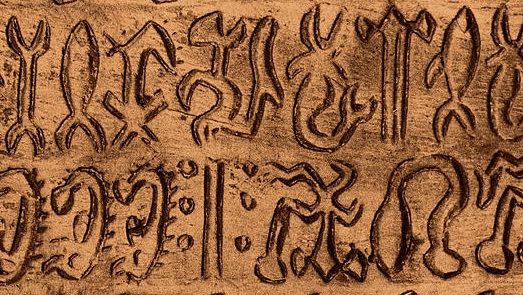2 reasons why mothers far outnumbered fathers in human history

Credit: Pixabay
- Studies showed that in human history, mothers often outnumbered fathers.
- This happened because of polygyny and migration patterns.
- Modern ratio of mothers to fathers is closer to 1 to 1.
In the course of human history, have there been more mothers or fathers? By the basic logic of it, there should be as many of one as the other. But there’s nothing basic about about how humans procreate, pulling their kind forward through the eons by hook or crook. It turns out, there have been significantly more mothers than fathers. A profound fact to ponder as Mother’s Day comes around. Women have made a much larger genetic contribution to the world’s population than men.
Certainly now the ratio is much more equal but over time it was often not so. A fascinating DNA study in 2014 found that polygyny, the practice of one man having many wives, was partially responsible for why moms outnumber dads if you look at the human population growth as a whole. Another big reason – migration patterns which often had wives leaving their towns to move in with their husbands, making females travel more. This practice would, in turn, widely spread female mitochondrial DNA, while lowering genetic variation among populations.
Study researcher Mark Stoneking, a professor of biological anthropology at the Max Planck Institute for Evolutionary Anthropology in Leipzig, Germany, attributed historical practices of human societies the responsibility for the phenomenon.
“Imagine a population of 100 females and 100 males,” said Stoneking to the Guardian. “If all the females but only one of the males reproduced, then while the males and females contribute 50:50 to the next generation, the male contribution is all from just one male.”
His team’s genetic analysis looked to compare the paternally-inherited Y chromosome with maternally inherited mitochondrial DNA in samples from 623 males from 51 different populations around the world. This allowed the researchers to paint an interesting picture of human genetic migrations.
The patterns weren’t the same geographically – there were stronger genetic differences for paternal than for maternal DNA in people from East Asia and Europe, pointing to higher levels of female migration. In populations from the Americas, Oceania and Africa, larger differences for maternal DNA than for paternal were found, suggesting that fewer males reproduced.
You can check out their study in Investigative Genetics.
In another proof of the effects of polygyny on human genetics, a 2015 study found that about 8,000 years ago, 17 women were reproducing for every one man. How could that happen? “It wasn’t like there was a mass death of males,” explained Melissa Wilson Sayres, a computational biologist at Arizona State University who was involved in that study.
According to Dr. Toomas Kivisild, a biological anthropologist on the team, the reason for the discrepancy lies in periods of human history when few men were able to accumulate so much wealth and power that they would essentially be able to prevent other less successful men from reproducing. And this wealth and power would be passed on to the sons of these men, ensuring the continual survival of their genetic lineage.





